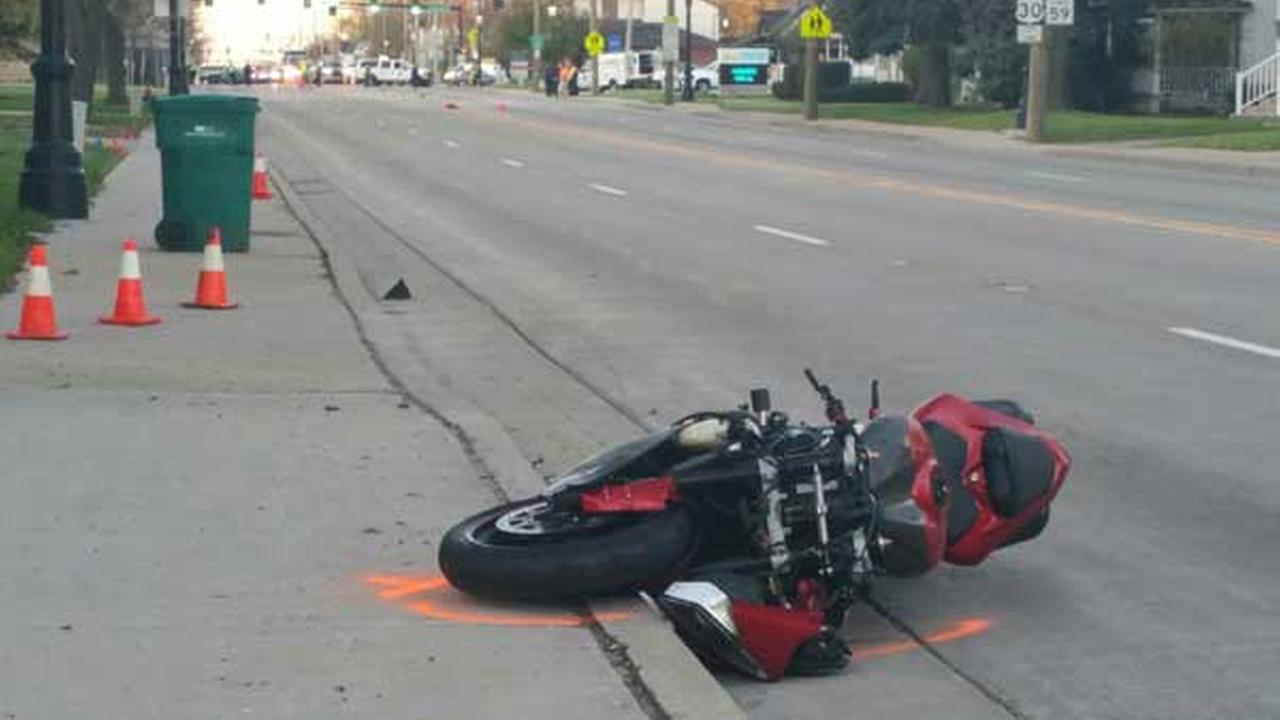Motorcycle Accident Lawyer Offers Seven Tips for Riding in the Rain

“While it’s best to avoid motorcycling in the rain, every rider should know how to do it safely” says Arkady Frekhtman, a NYC motorcycle accident lawyer at the F&A injury law firm. Sometimes, the weather forecasters get their predictions wrong and you will have little choice but to ride in the wet weather until you find shelter. If by accident or by intention you should find yourself riding in the rain, keep these seven safety tips in mind:
Use the Right Tires and Keep Them Well Maintained
Avoid buying “long-lasting” tires. These tires resist wear because they use a hard rubber. This increased hardness reduces its contact friction with the pavement. Soft rubber is more “tacky,” which improves its grip in wet conditions. Also keep your tires properly inflated and replace them when the tread wears too low. If the wear bars have reached the tire surface, the tread is too worn for safe riding.
Ride Slower
Your ability to swerve and brake is greatly compromised by wet pavement. This means you must ride slower and increase your following distance. Because the conditions prevent quick maneuvers, you must ride with a greater focus and anticipate problems well in advance.
Watch for Slippery Surfaces
These include:
- Metal grates
- Manhole covers
- Railroad tracks
- Painted surfaces such as pedestrian crossings
- Concrete
- Cobblestone and brick surfaces
- Oil spills (will produce rainbow colors in water)
- Sealer pavement
- Wooden bridges
Watch for Water Puddles
Water puddles can hide deep potholes and other road defects. Slippery surfaces (mentioned above) are also hidden. Too much speed, deep puddles, under inflated tires, and hard braking can cause your tires to hydroplane. This will happen when your tires can’t shed water fast enough.
Brake Gently
Go easy on the brakes on wet pavement. Once you start skidding (especially the front wheels), hitting the pavement will quickly follow. Use the rear brakes more than the front and pump them for a stronger braking action. Never brake while turning. Consider getting an anti-lock braking system.
Ride Smoothly
Accelerate, decelerate, and turn smoothly. The traction simply isn’t there for pulling Gs. This includes using less lean angle on your turns.
Wear the Right Gear
When riding deliberately in the rain, wear gear that will keep you warm and dry. Your visor should resist fogging up.
If you have been injured in a motorcycle accident, get the legal help of an experienced motorcycle accident lawyer who knows how to deal with insurance companies, and can get you the compensation you need for a complete recovery. Contact us today at Frekhtman & Associates.



